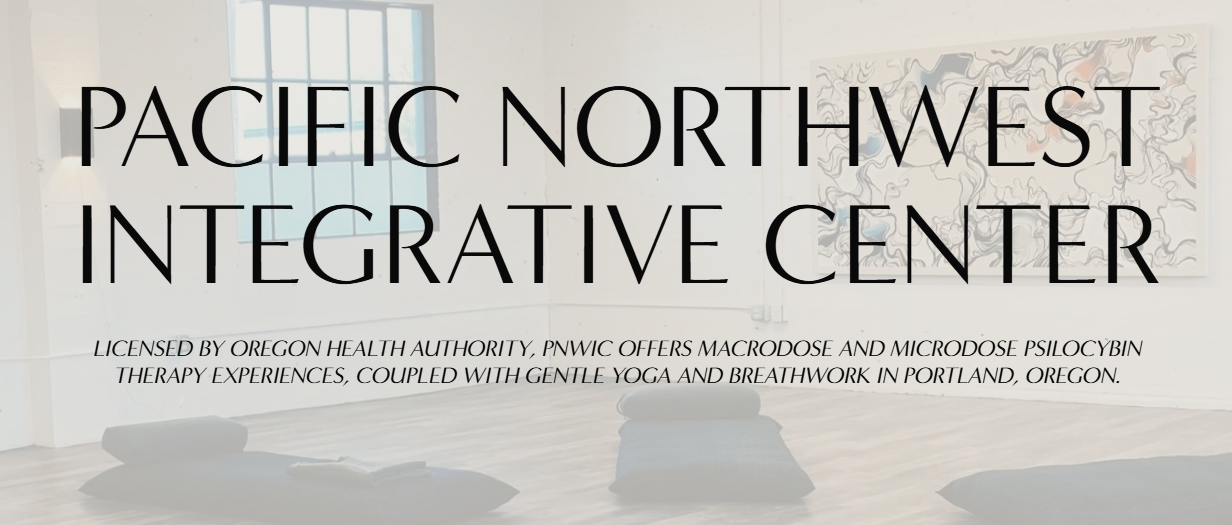
breathwork
breathwork Sessions
I typically lead 3-5 breathwork sessions a month, most on Sunday from 2-4, where you can experience the rejuvenating capacity found within yourself through breathwork.
Co-facilitated breathwork
I work with a few different facilitators that can involve sound baths, yoga, and more!
Portland Psychedelic Society
Once a month I lead a session with PPS
Friday Night Breathwork
From 5:00 to 6:30, I lead breathwork with a psilocybin Microdose at a licensed Psychedelic Facilitation Center, The PNW Integrative Center
Meet your instructor
Geoff Falkenberg
Certified Breathwork Practitioner
My personal journey with breathwork began years ago out of mild curiosity and a desire for self-discovery, and the journey led to profound shifts in my life and ignited my passion to guide others.
Over the years, I have come to understand that breathwork is more than a practice; it's a transformative and natural power that unlocks our innate ability to heal from within. In my sessions, you will learn to use your breath to foster emotional release and mental clarity, enabling a deep connection with your inner self and the world.
Together, we will navigate this journey, feeling and experiencing the subtle yet significant shifts that come from engaging with what you were already doing, just breathing. My role is to help you use breathwork as a tool to become more grounded, balanced, and fulfilled, embracing transformation in its most intuitive form.
-
I’m trained in several types of breathwork and my sessions are often a medley of Prana Yama, Wim Hof, and Circular Breathing.
-
Breathwork is recommended for those who are not pregnant, recovering from surgery or experiencing cardiovascular difficulties.
-
Breathwork comes with a number of benefits like improved focus and mental clarity, stress reduction, better sleep, improved emotional well-being, and cathartic relief.
-
Pranayama is a traditional yogic practice aimed at achieving balance and spiritual growth through various breathing exercises, whereas the Wim Hof Method is a modern approach utilizing breath-holds in rounds, and Circular breathing focuses on continuous breathing without breath-holds.
-
Breathwork can be demanding on your respiratory system. Stay well-hydrated to prevent dehydration, which can affect your ability to maintain a consistent airflow. Pay attention to your body's signals. Allow sufficient time for rest and recovery between practice sessions to prevent strain or exhaustion. Do not engage with breathwork while in water or while driving.
-
Deep and intentional breathing activates the body's relaxation response, reducing the production of stress hormones like cortisol. This calms the nervous system and helps release emotional tension. Over time, we may suppress emotions, consciously or unconsciously. Breathwork creates a non-judgmental space where suppressed emotions can surface and be acknowledged, processed, and released.
-
Excessive breathwork can result in respiratory alkalosis, where the blood becomes too alkaline due to excessive elimination of carbon dioxide. Intense breathwork can bring up strong emotions and memories, which may be overwhelming for some individuals. Emotional catharsis can be intense, and individuals may experience sadness, anger, or other intense emotions during or after a session. For those prone to anxiety or panic attacks, intense breathwork can trigger or exacerbate these symptoms. It's crucial to practice breathwork in a safe and controlled environment.
-
You’ve already been breathing all your life. You come equipped with the right skills to engage in meaning a breathwork practice. Everyday people have been using breathwork for thousands of years to great ends.
Breathwork FAQs
Breathwork FAQs







